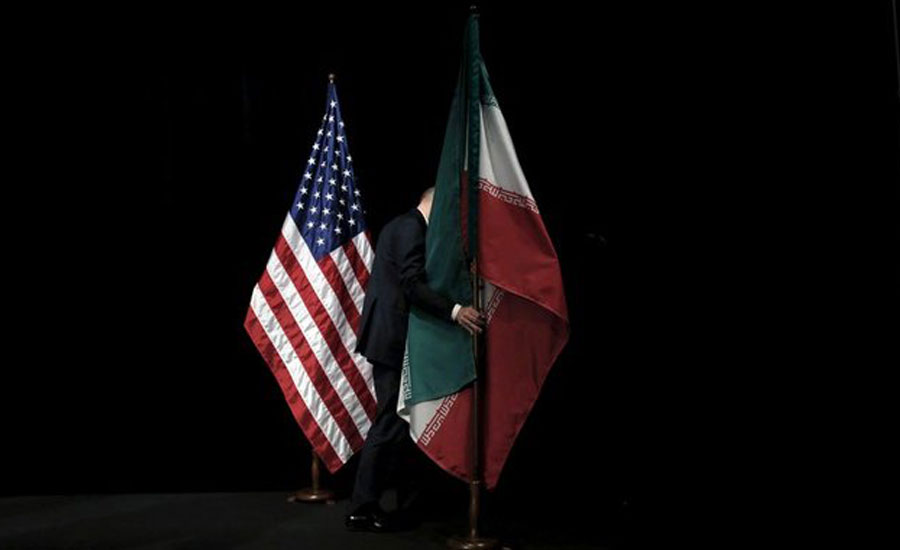Iran reduces commitment to 2015 nuclear deal

DUBAI (Reuters) - Iran said on Sunday it would further scale back its commitment to the 2015 nuclear deal with world powers, raising its uranium enrichment level to what officials said earlier was 5 per cent to produce fuel for power plants.
In a news conference, senior Iranian officials also said Tehran would keep reducing its commitments every 60 days unless signatories of the pact moved to protect it from US sanctions, but they left the door open to diplomacy.
Iran's president Hassan Rouhani Iran had announced on July 3 to boost their uranium enrichment after July 7 to whatever levels it needed beyond the cap set in the landmark 2015 nuclear deal, calling on Washington to rejoin the pact.
Iran announced this week it has stockpiled more low-enriched uranium than is permitted under the accord, a move that prompted U.S. President Donald Trump – who withdrew the United States from the deal last year – to warn Iran was “playing with fire”.
European co-signatories said on Tuesday last they were “extremely concerned” by Tehran’s apparent breach of the deal while Israel said it was preparing for possible involvement in any military confrontation between Iran and the United States.
Weeks of tensions crested last month when Tehran shot down a US military surveillance drone and Trump responded with a decision to launch air strikes only to call them off at the last minute. Washington also accused Iran of being behind attacks on several oil tankers in the Gulf, which Tehran denies.
“Our level of enrichment will no longer be 3.67. We will put this commitment aside by whatever amount we feel like, by whatever amount is our necessity, our need. We will take this above 3.67,” said Rouhani, according to IRIB news agency.
Uranium refined to a fissile purity of 3.67% is deemed suitable for electricity generation and is the maximum allowed by the deal. Enrichment to 90% yields bomb-grade material.
Rouhani added that the Islamic Republic’s actions were reversible. “All of our actions can be returned to the previous condition within one hour, why are you worried?” he said.
His tone was unusually tough. Rouhani was the architect of the nuclear pact and is seen as a pragmatist, unlike senior clerics in Iran’s ruling elite who opposed his opening to the West and have kept up their denunciations of the United States.
Rouhani further urged the Trump administration to “adopt a rational approach again” and return to the negotiating table.
Trump’s “maximum pressure” policy aims to push Iran into negotiate a wider-ranging deal also reining in its ballistic missile programme and its backing of proxies around the Middle East in a struggle with Saudi Arabia for regional dominance.







